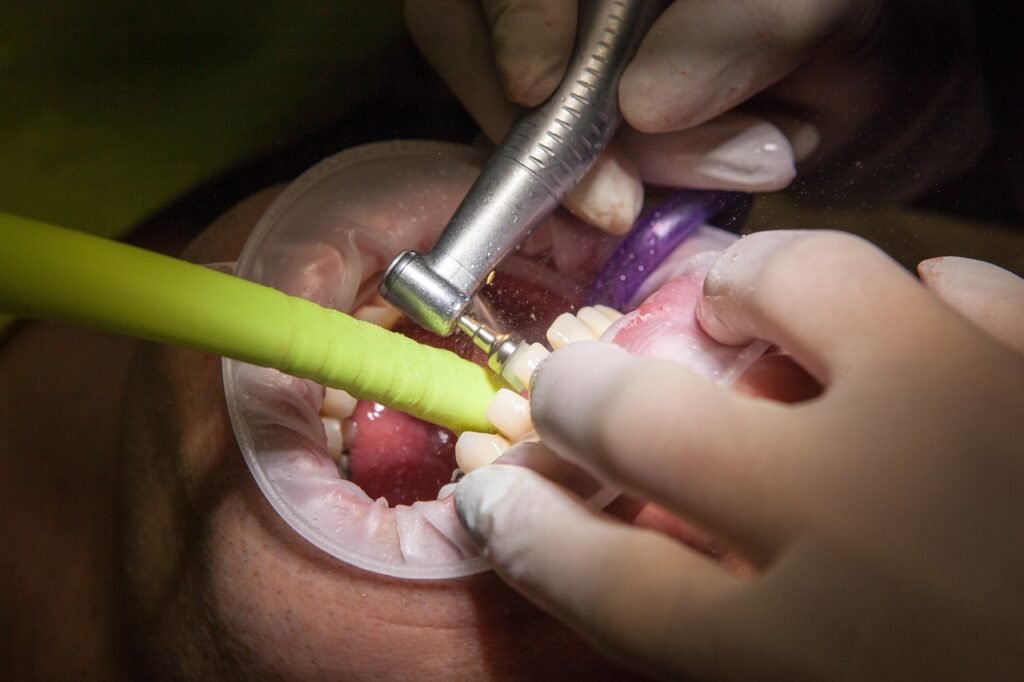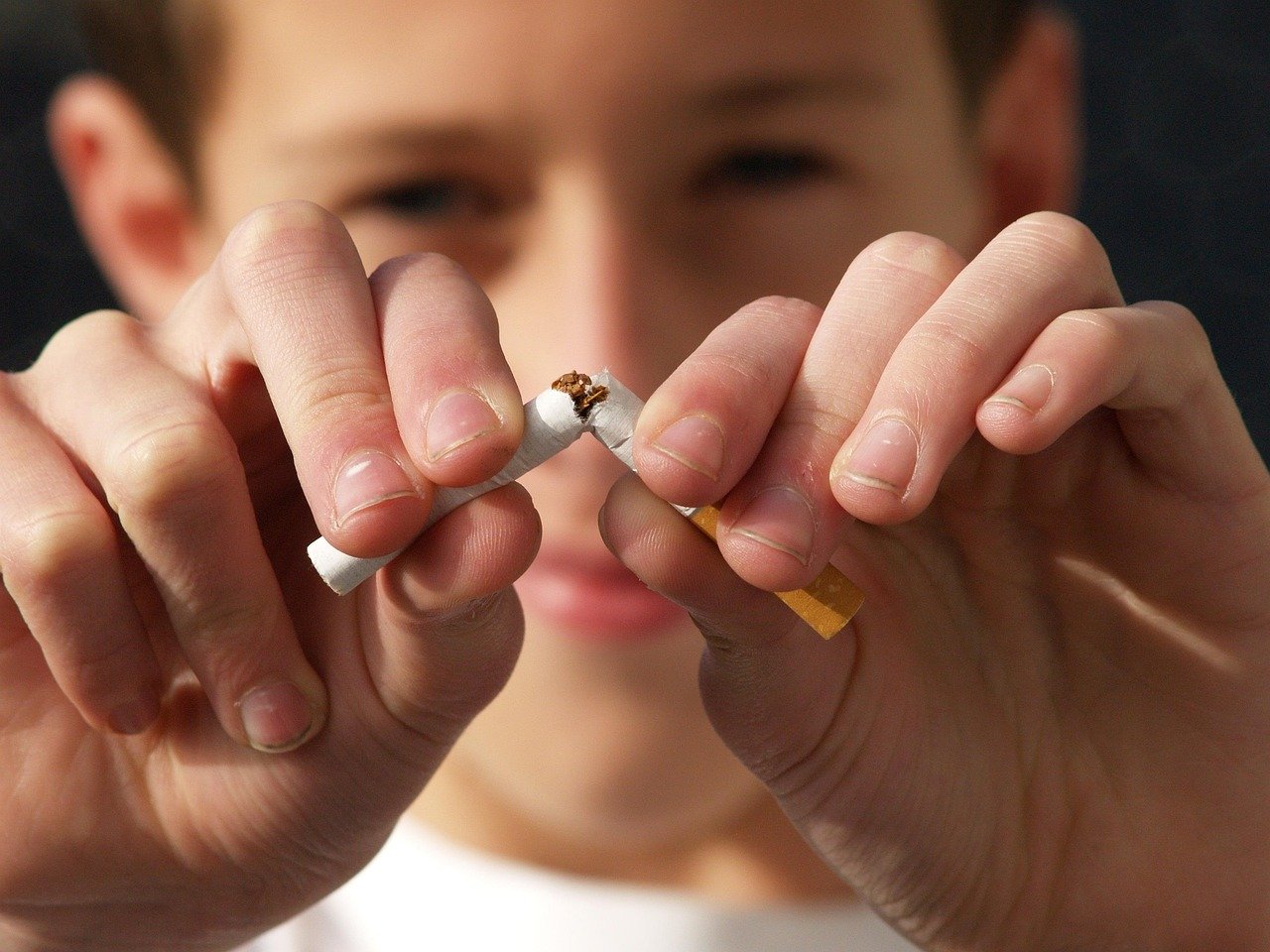Smoking doesn’t just harm your lungs or heart – it also damages your mouth, teeth, and gums in serious ways. Cigarettes, tobacco, and even hookah can silently destroy your smile over time. Research has shown that tobacco users face a higher risk of tooth decay, gum infections, bad breath, tooth loss, slow healing, and even oral cancer. While quitting smoking is the best way to protect your health, maintaining good oral hygiene can still reduce the damage and keep your mouth cleaner and healthier.
How Smoking Affects Your Teeth and Gums
Tobacco smoke carries thousands of harmful chemicals that directly affect the mouth. These toxins damage the soft gum tissue and weaken the bone structure that supports your teeth. Smoking also reduces the natural saliva in your mouth – saliva that normally helps clean away food particles and bacteria. Less saliva means more plaque, more acid, and more chances of cavities.
smokers are also at higher risk for infections because smoking weakens the immune response in the gums. This allows harmful bacteria to thrive and cause gum disease. Additionally, smokers heal slowly after dental treatments like extractions, implants, or surgeries. Over time, continuous smoking can even lead to oral, tongue, and throat cancers.
Why Oral Hygiene Matters for Smokers
Even though good oral hygiene can’t completely undo the damage of smoking, it can significantly reduce the impact. Regular brushing, flossing, and dental checkups help remove harmful bacteria and plaque buildup. This keeps the hums healthier, prevents further damage, and increases the success of dental treatments. Maintaining hygiene doesn’t make smoking safe, but it makes your mouth less prone to severe infections and decay.
Oral Hygiene Tips Every Smoker Should Follow
1. Brush Twice Daily with Fluoride Toothpaste
Brush gently for at least two minutes every morning and night. Cover all areas of your teeth and use fluoride toothpaste to strengthen enamel and prevent cavities.
2. Floss Daily
Plaque and tartar build up faster in smokers. Flossing or using interdental brushes removes sticky residue between teeth, lowering the risk of gum disease.
3. Use Alcohol-Free Mouthwash
Alcohol – based rinses can dry the mouth even more. choose alcohol-free mouthwash with fluoride or antiseptic ingredients to fight bacteria and protect enamel.
4. Stay Hydrated
Smokers often have dry mouths. Drink plenty of water to boost saliva production and wash away food particles, bacteria, and sugar that can cause cavities.
5. Visit Your Dentist Regularly
Schedule dental checkups every six months. Dentists can identify early signs of gum disease, oral cancer, or other issues before they get worse. Always inform your dentist that you smoke – it helps them provide better, tailored care.

6. Get Professional Cleanings
Regular professional cleanings help remove tough plaque and tartar buildup that normal brushing can’t reach, keeping your gums healthy.
7. Plan to Quit Smoking
No hygiene routine can fully protect your mouth if you keep smoking. Quitting is the most effective way to improve oral and overall health. Talk to your dentist or doctor about nicotine replacement therapy or support programs to help you quit safely.
Smoking can seriously damage your oral health, leading to long-term problems if ignored. Maintaining strong oral hygiene habits, visiting your dentist regularly, and staying hydrated can help reduce the harm. But the ultimate step toward a healthier smile – and a healthier life – is quitting smoking for good.






















